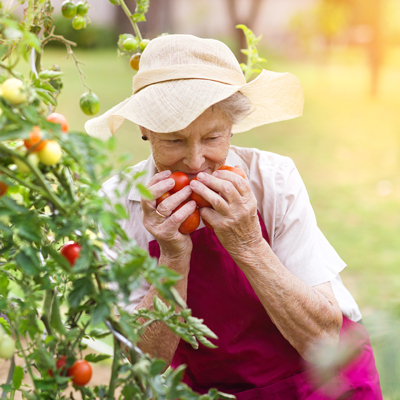
We know that many service users with dementia struggle with eating and drinking. These difficulties can contribute to poor health and reduced quality of life, and deteriorate as dementia progresses.
We also know that service providers must meet Regulation 14 to make sure that people have enough to eat and drink to meet their nutrition and hydration needs and receive the support they need to do so.
Make it a priority
Supporting people living with dementia to eat and drink well should be a priority
Therefore supporting people living with dementia to eat and drink well should be a real priority for care staff. However despite the importance, there is a lack of research, evidence and tools to support good practice. For example, there are no standardised approaches or training programmes to provide staff with information about nutrition for this group of service users.
Thanks to funding from the Burdett Trust for Nursing, the researchers at Bournemouth University have now been able to work together with local care homes, charities and the Borough of Poole Council to explore this area in more detail and create tools to support staff to provide good nutritional care.
Films and workbooks to help
The outcome of the two years of research Eating and Drinking well: supporting people living with dementia includes a training film that highlight for carers how to improve their practice and develop their knowledge and skills to provide better eating and drinking for people living with dementia. The film is available online and is free to view on the following link – www.bournemouth.ac.uk/nutrition-dementia-video
The research team has also developed a training workbook with lots of practical tips and ideas to try out, including:
- Keeping people interested in food by getting them involved in food preparation activities, including growing their own fruit and vegetables
- Eating meals together with carers, which allows people to copy actions if they’re struggling to remember how to eat
- Jogging people’s memories by providing people a visual choice between foods instead of a written menu
- Adapting the physical environment to make it more appealing and thinking about the colours, smells and lighting used at meal times.
More information about the workbook, and about this interesting and important project can be found here Understanding Nutrition and Dementia
This resource is currently being used by a number of health and care professionals to help people with dementia to be supported to eat and drink well, especially in the latter stages of this debilitating condition. Perhaps you may find it helpful to use it too.



